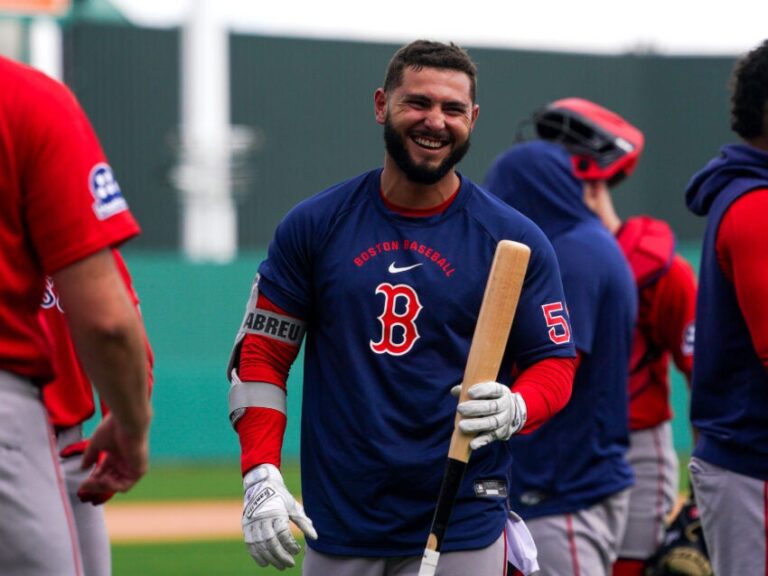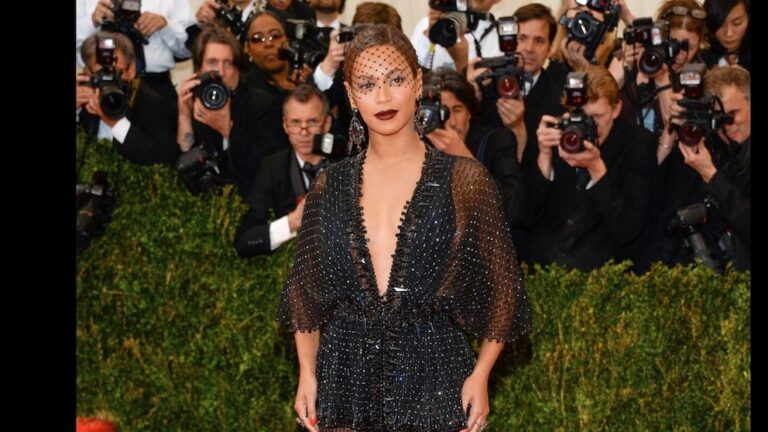
From childhood, it is instilled in young girls’ brains to be embarrassed by their “girly” interests. In turn, girls with masculine interests rarely face as much ridicule as boys with feminine interests. Growing up, I remember so many girls pretending not to like typically girly things like princesses, dolls, and dresses, only so boys and even other girls wouldn’t make fun of them.
Masculine interests are so widely accepted that there is a word for more masculine girls—“tomboys”—but no such word for boys, or at least not any that aren’t intended as insults. I’ve always found it odd that seemingly similar hobbies are regarded differently when one is more feminine.
For instance, some men who enjoy cooking avoid baking because it’s considered too “feminine.” And the same men who shamelessly yell at the TV every Sunday, letting the outcome of a sports game dictate their mood, judge the women who tune in to every episode of “The Bachelor” or “Love Is Blind.”
It’s totally normal for men to let fantasy football consume them for months—a hobby that costs both time and money—but women are labeled “crazy” for simply texting in their votes for their favorite pairs on “Dancing with the Stars.”
These prejudices seep into nearly every aspect of life, including fitness. Many men see female-dominated workouts as inferior to male-dominated exercises and wouldn’t be caught dead in a dance class, for example. They see Pilates—which was actually created by a man—or spin classes as just some easy stretching or cardio until they do them themselves and get their butts kicked. They assume women spend their time working out because it’s easy, rather than to challenge themselves.
Even so, despite the prejudice against “girly” workouts, women who lift weights get criticized for being muscular and looking “manly,” because society cannot fathom women doing something for their health and not just their appearance.
“Girly” music and pop musicians like Taylor Swift or boy bands are often mocked, as if many men don’t also get excited when “Love Story” or “What Makes You Beautiful” plays. Even The Beatles, widely regarded as the greatest band of all time, were not well-received or taken seriously as artists in their early days, largely because their fanbase was predominantly teenage girls.
Nowadays, a middle-aged man can’t help but ask a teenage girl wearing a Beatles shirt to “name three songs” because, obviously, girls wouldn’t know any music from one of the most famous bands ever.
The critique of feminine hobbies isn’t just a women’s issue. Men, too, benefit from having “girly” interests.
One of the biggest problems with the gendering of hobbies is that typical men’s hobbies are often physical, social, or intellectual, but rarely creative. Activities like painting, music, dancing, and writing are often categorized as women’s hobbies, but at their core, they are all outlets for self-expression. All humans benefit from being able to channel their energy through creative means.
This is especially true for men, who in many cases are not comfortable expressing themselves or lack the emotional support women often find in one another. Creative expression and getting to reap the benefits from creating can also be a great aid for issues like mental health and confidence, which the majority of people struggle with at one point or another.
With men’s mental health becoming such a popular topic in recent years, it is very rare that anyone provides resources that genuinely help struggling men. If anything, men actually continue to tear down other men.
I’m not saying that buying a coloring book is the cure for depression. Still, the acceptance of men expressing their feelings and confiding in others, especially their male friends, is key to improving mental wellness.
In childhood, boys are always told to suck it up and not act like a girl, and they consequently grow up thinking it is wrong to be emotional. Boys grow up believing that their best option is to internalize their feelings. Combined with the teasing that comes with having traditionally girly interests, this makes it difficult for boys to mature and challenge the norms of what is acceptable for men and women to do and enjoy.
While I am entertained by the trend of performative males that has become popular on social media, I think that it actually furthers the stigma around men who genuinely enjoy fashion, poetry, reading, or listening to Clairo—because how could you not love Clairo?
It is harmful that we associate men who have traditionally feminine interests with faking interest in these things to appeal to women. Calling every man who has feminine interests performative is counterintuitive to becoming a society accepting of those outside of the norm.
It’s fair to say that many men do find pleasure in “girly” things like pop music, dancing, drawing, and self-care, but feel as if they shouldn’t. But this doesn’t have to be a guilty pleasure.
Girls shouldn’t feel embarrassed to tell a group of men that they are into makeup or knitting or rom-coms, and men shouldn’t feel ashamed to watch “Love Island” or go to Pilates. These interests are not inherently less important or interesting than any male-dominated hobbies, and we must stop viewing them as such.
—
*Riley Lavrovsky is a junior majoring in psychology. Views expressed in the opinions pages represent the opinions of the columnists. The only piece that represents the view of the Pipe Dream Editorial Board is the staff editorial.*
https://www.bupipedream.com/opinions/auto-draft-1680/172979/





